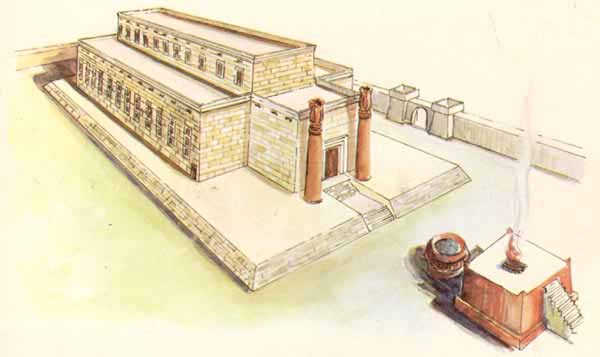
1. What are some of the ways in which the narrative of Kings is a continuation of the story begun in 1 and 2 Samuel? Conversely, what are some of the main differences between Samuel and Kings? Feel free to refer both to specific narrative details, and to more abstract literary features like style and motivation.
2. Identify a passage in the reading from Regina Schwartz’s book (assigned for today) that particularly resonates with you. Quote the passage, then explain in a paragraph or two how it helps you to understand (either because you agree with it, or because you take issue with it) some of the reading we’ve done in this part of the course–and ideally some of the reading you are doing in Kings.
3. Choose one of the Psalms on the list assigned in today’s reading. Do a short interpretation of it, focussing in particular on themes you’ve encountered in this half of the course.






